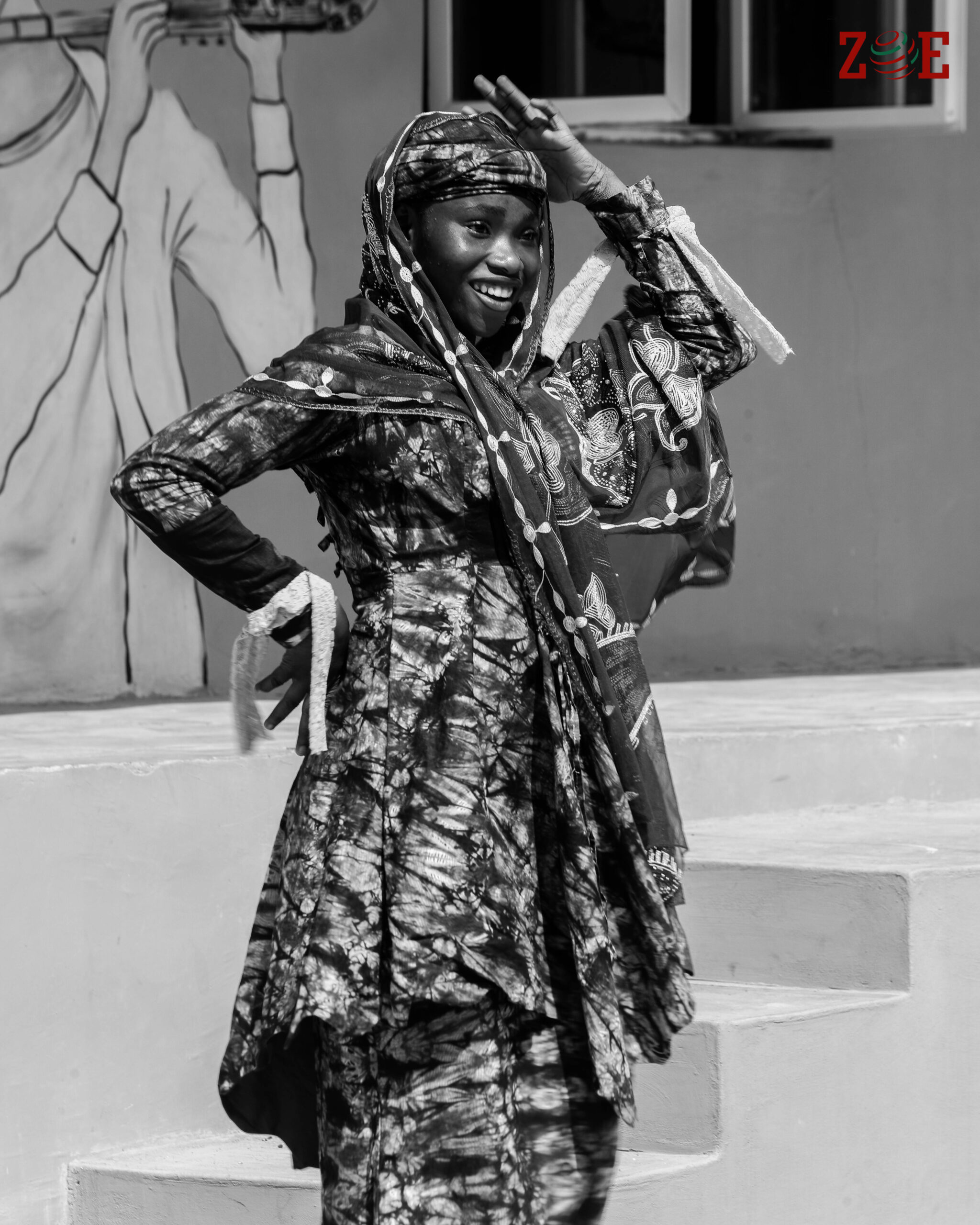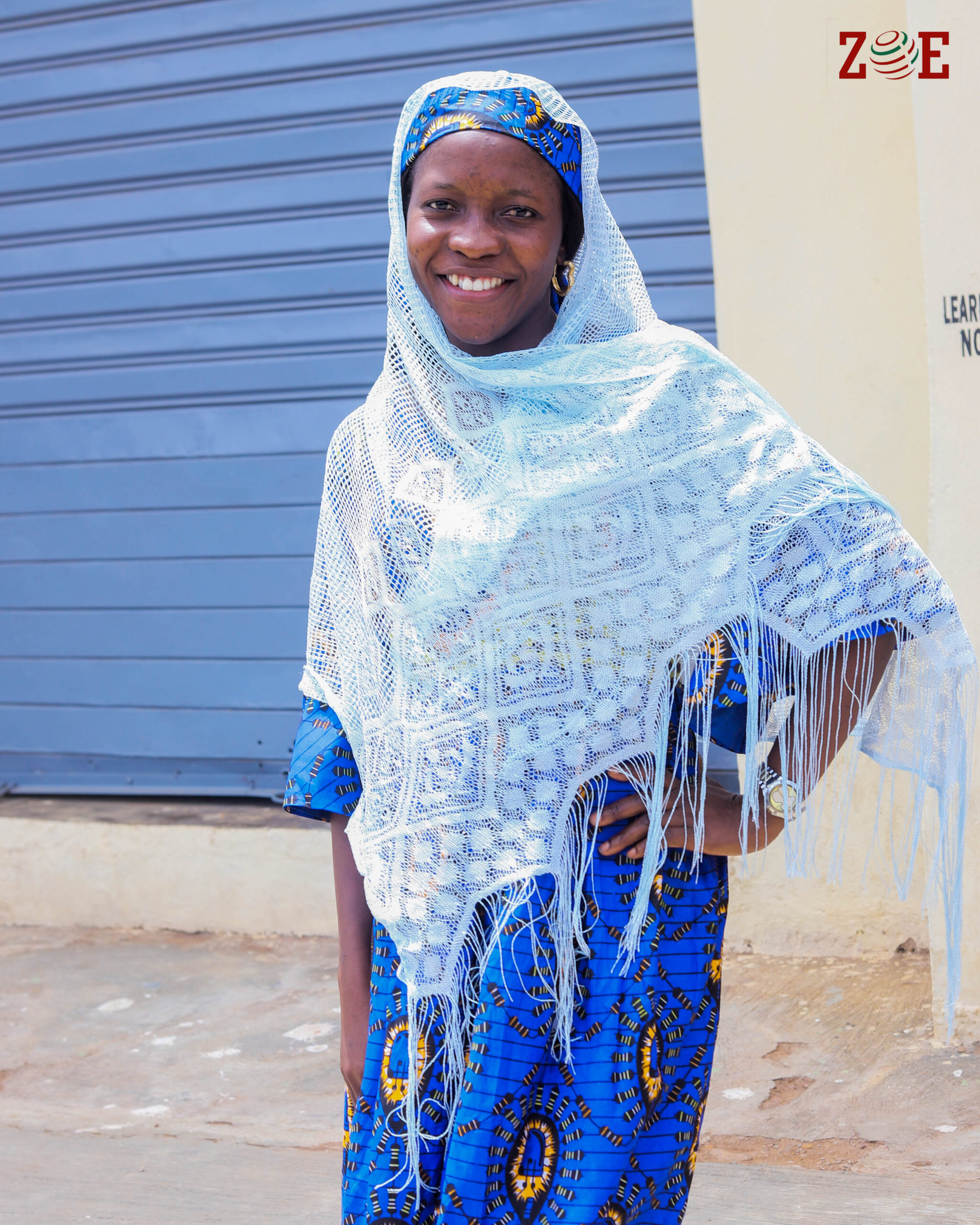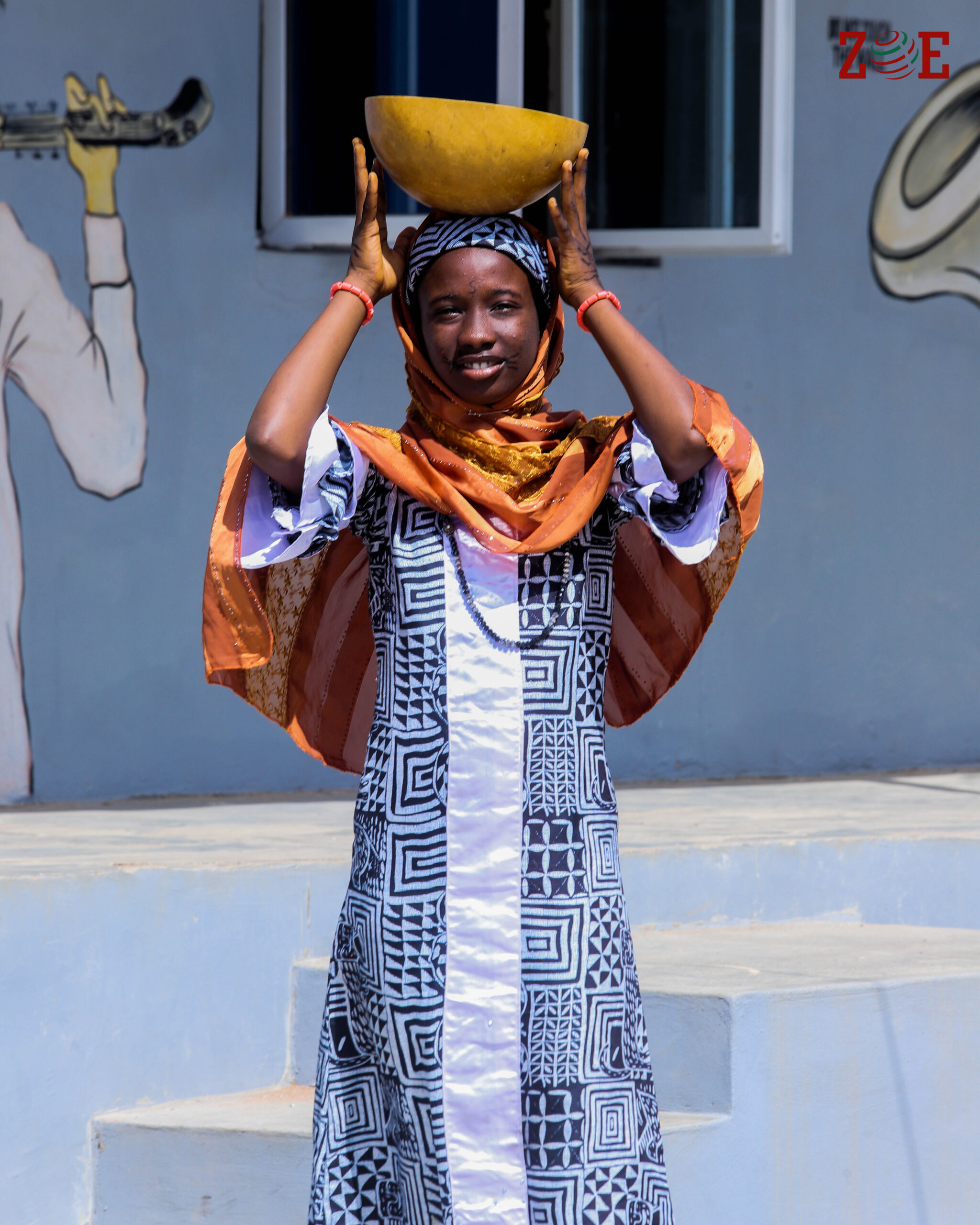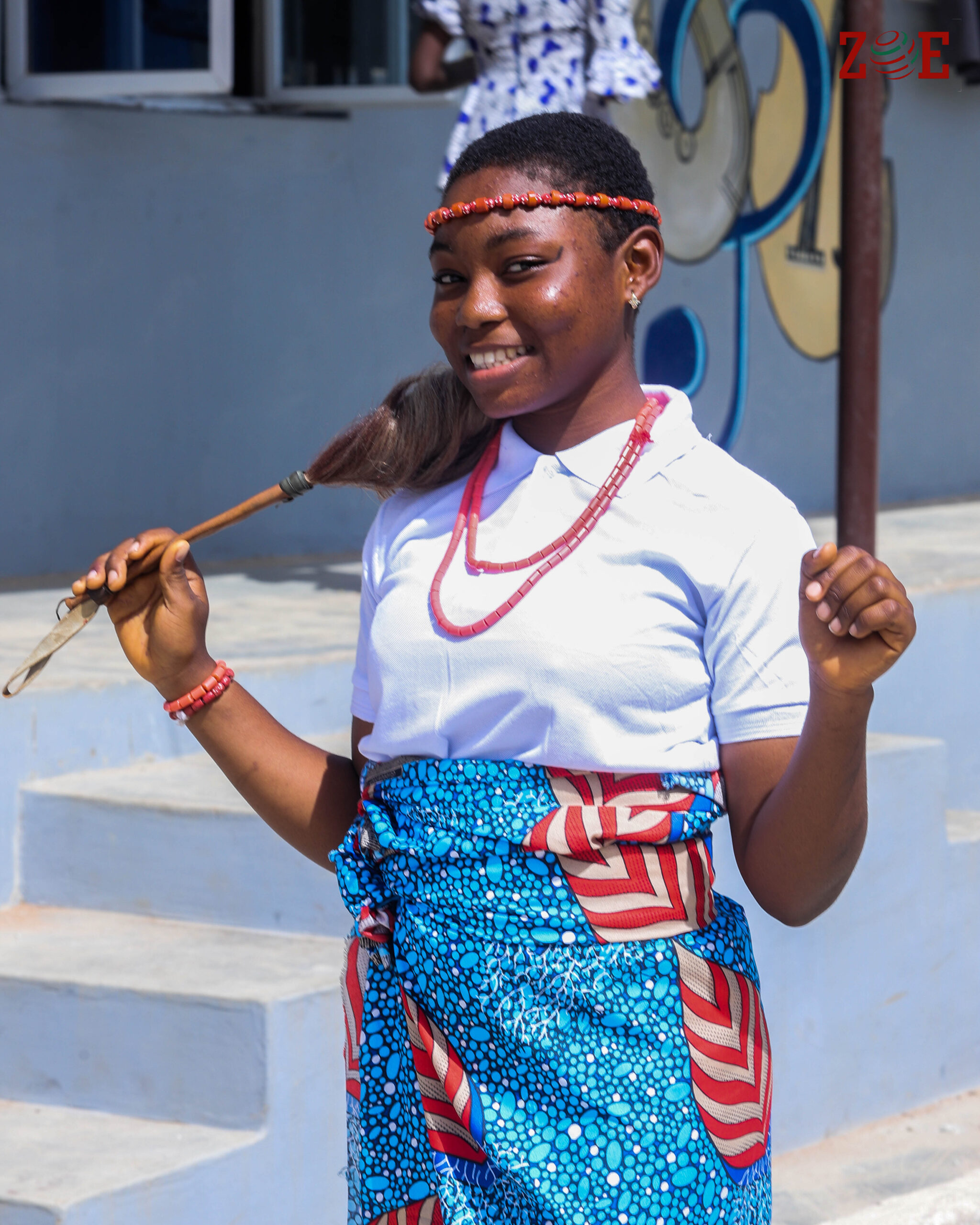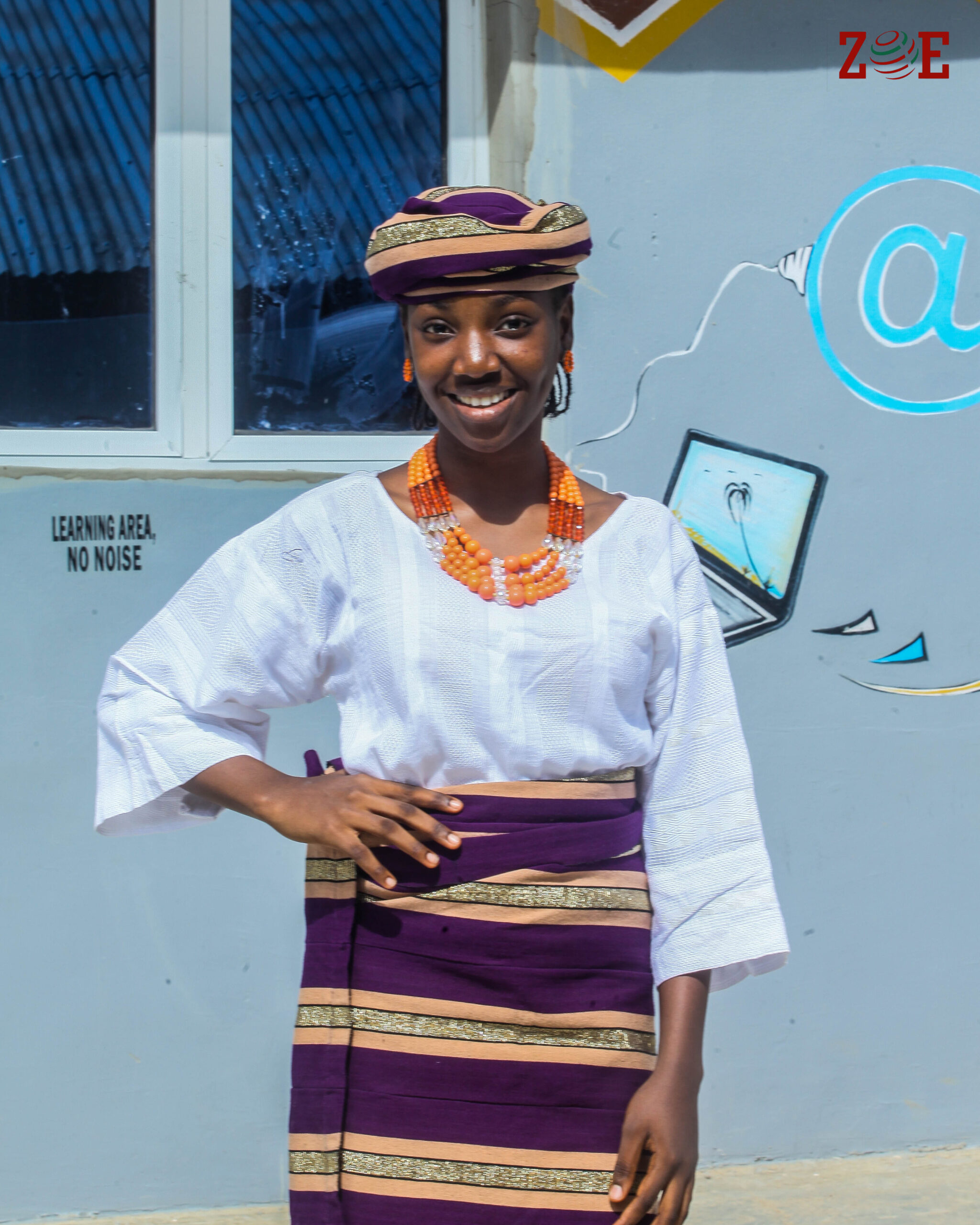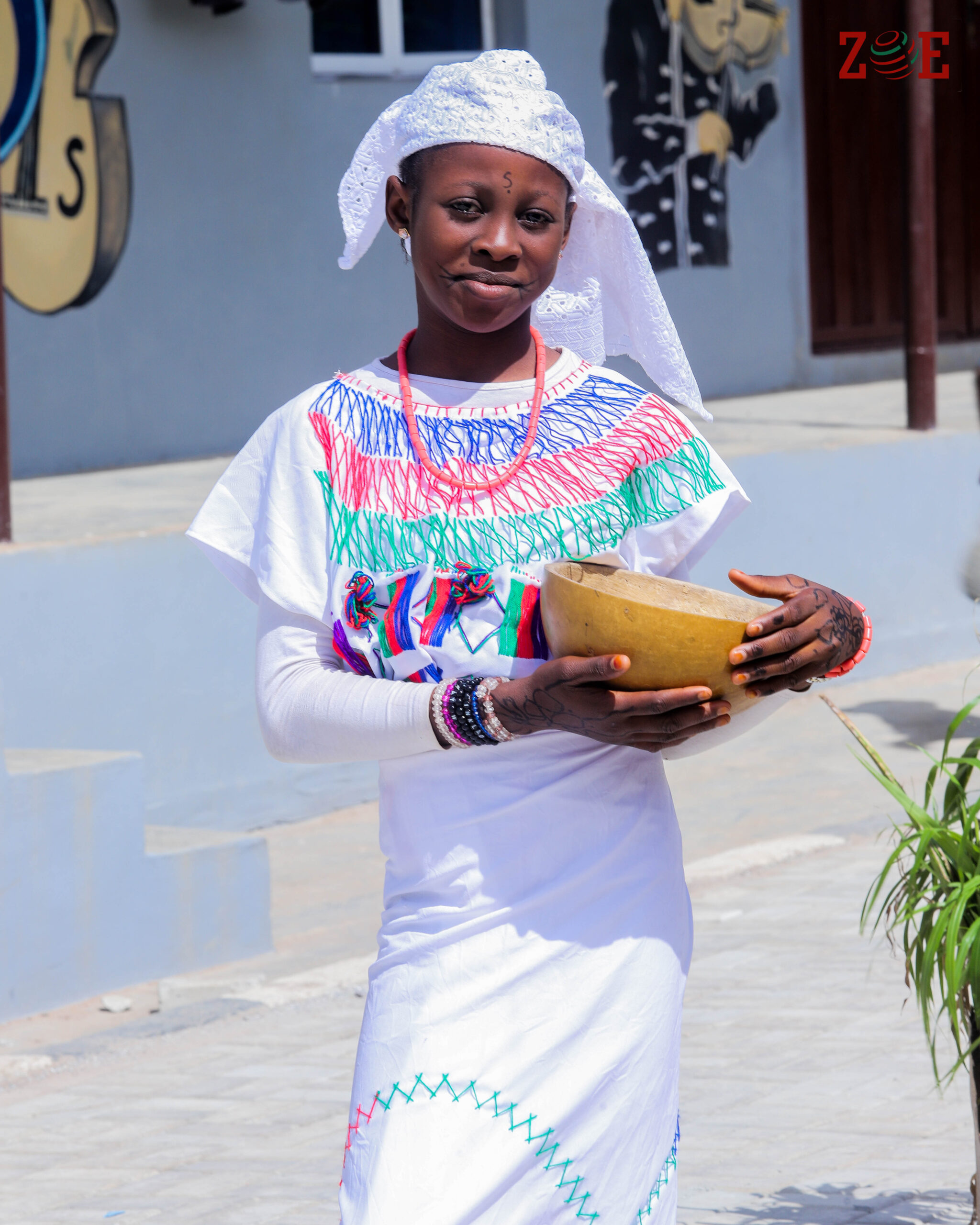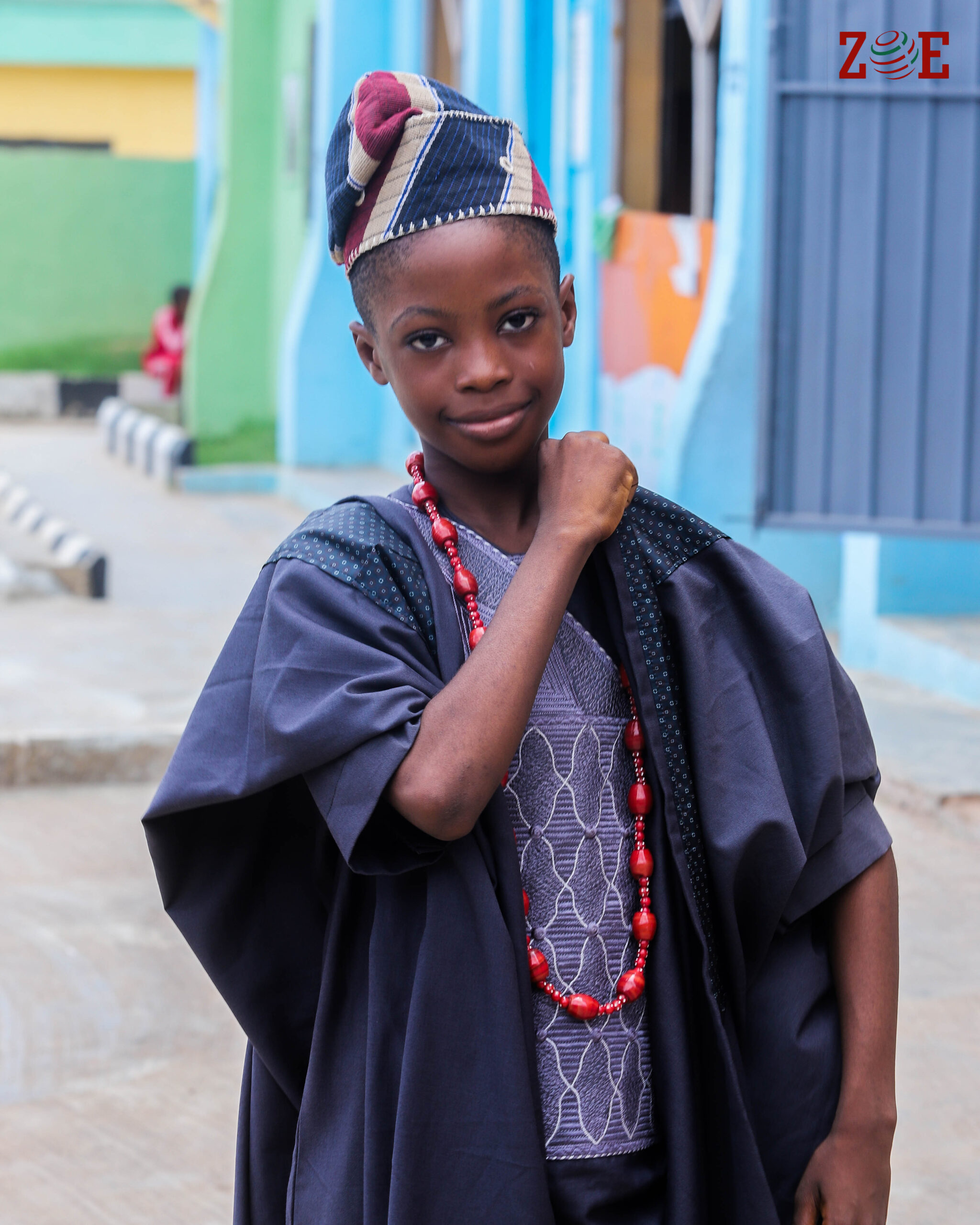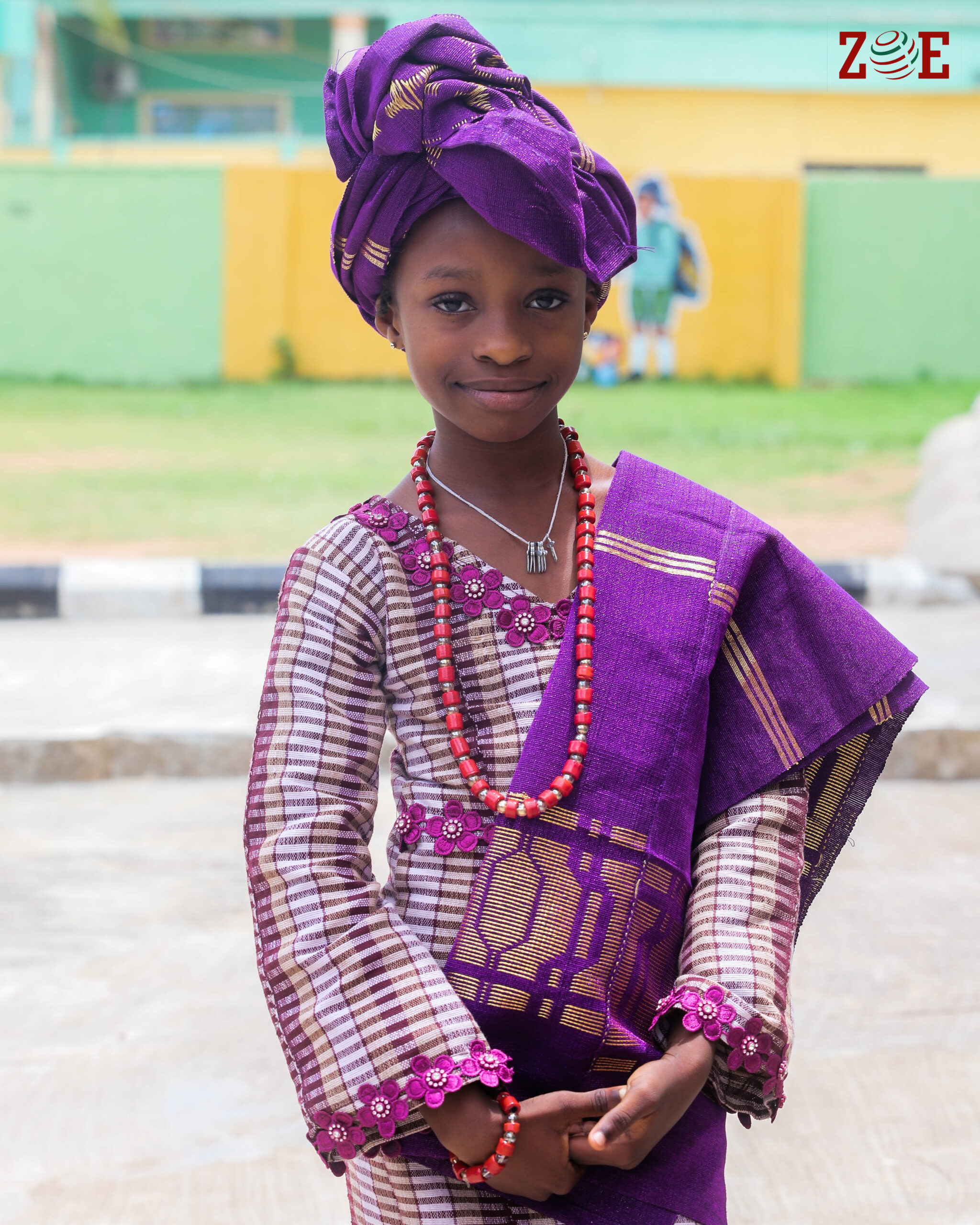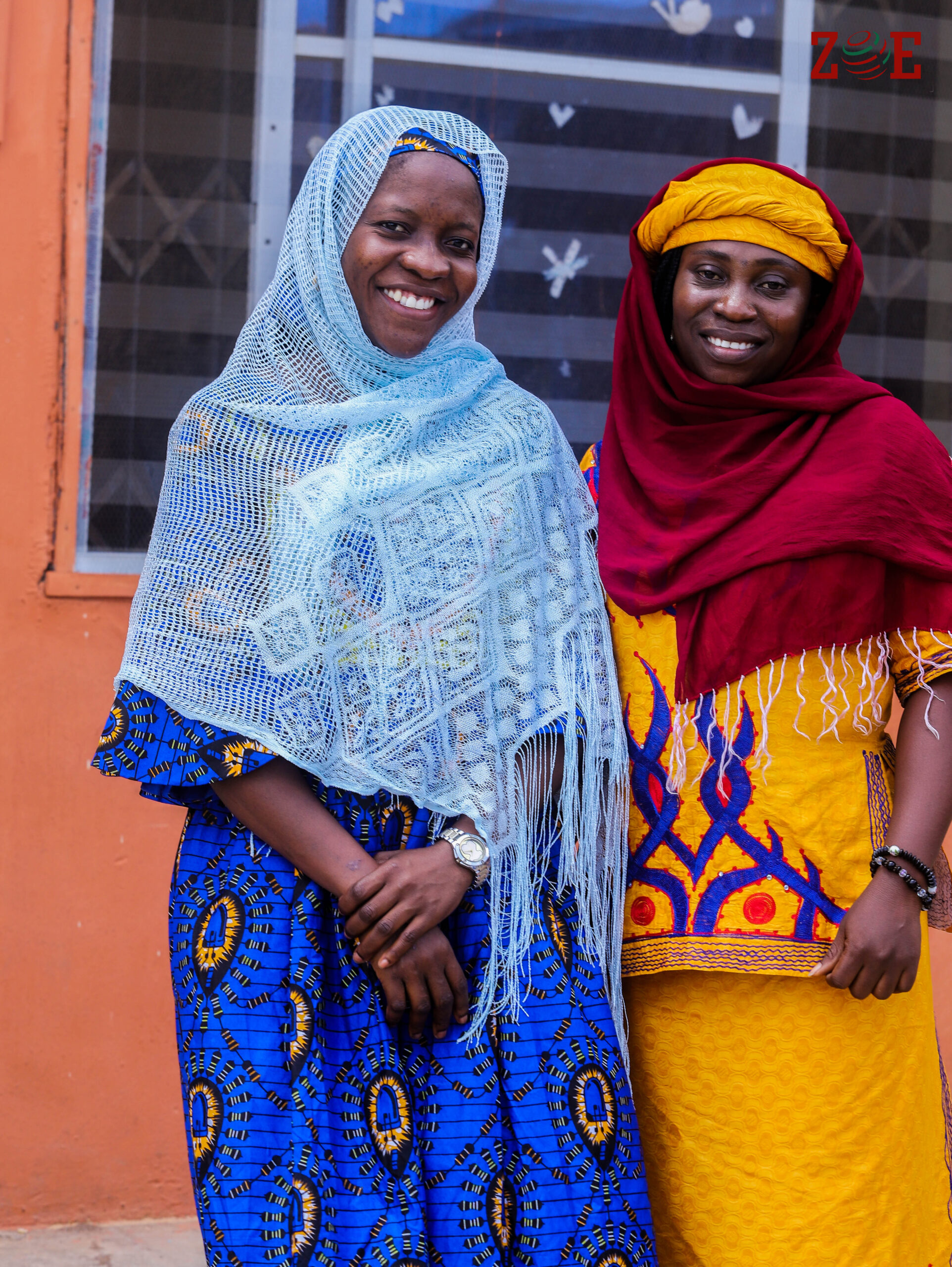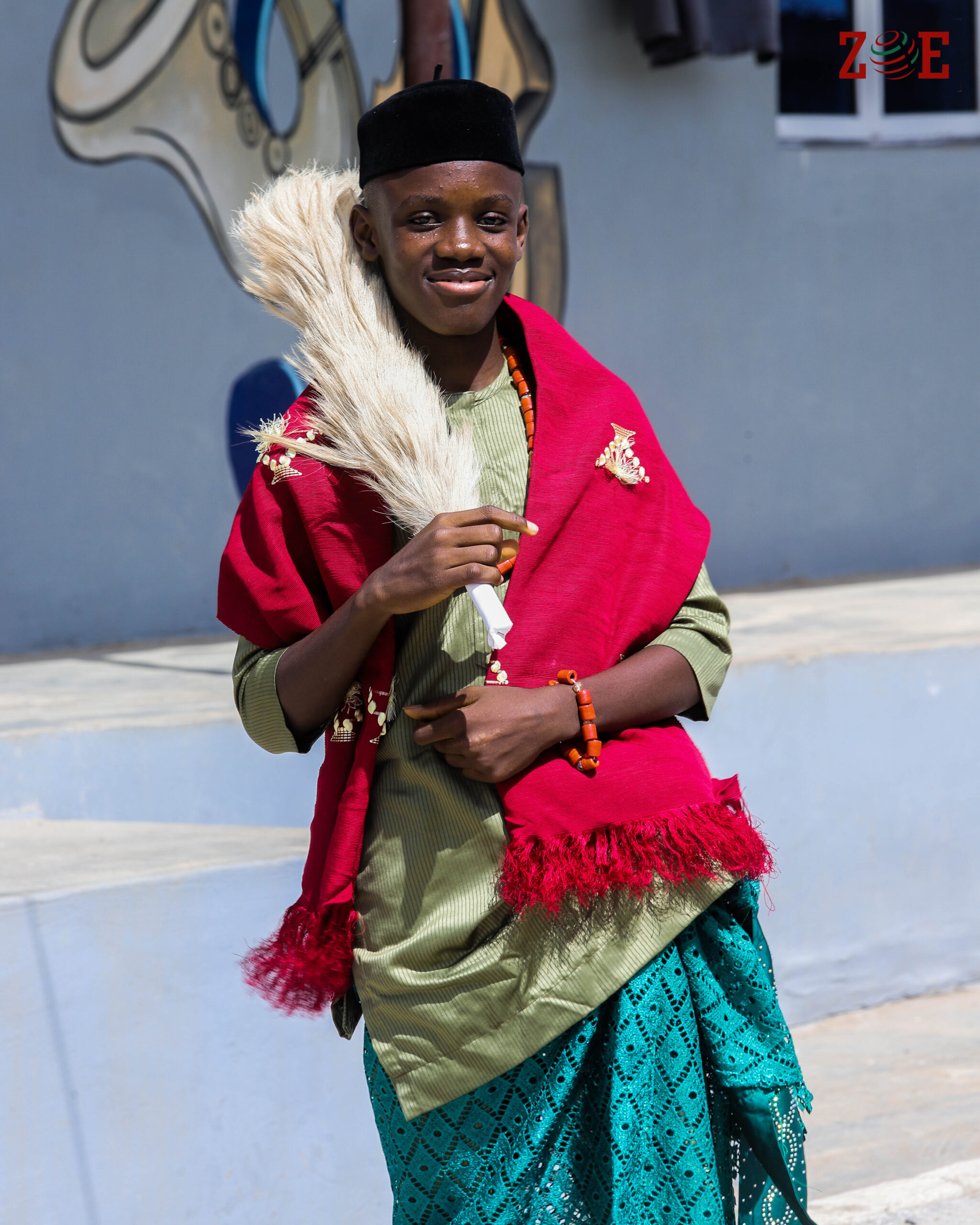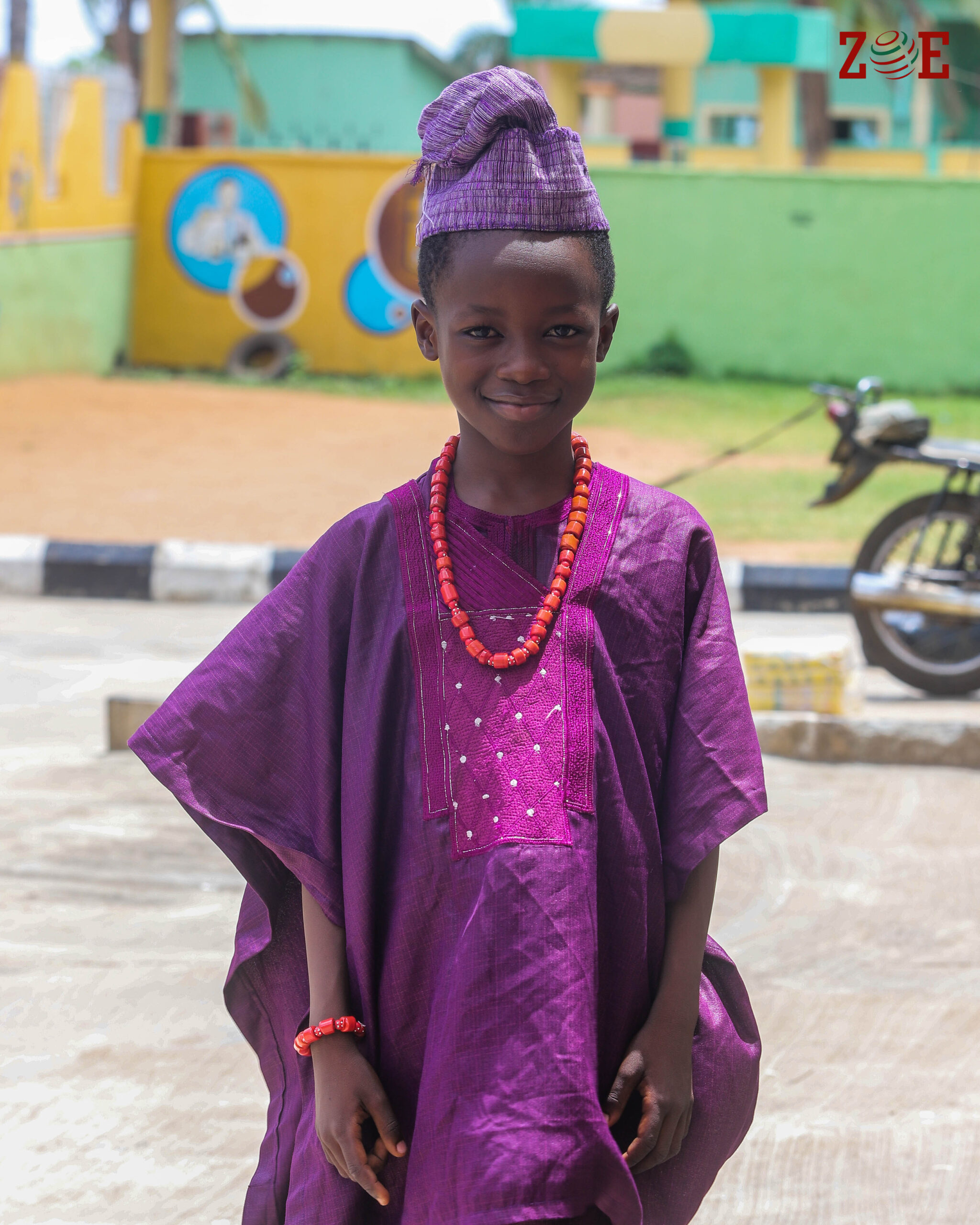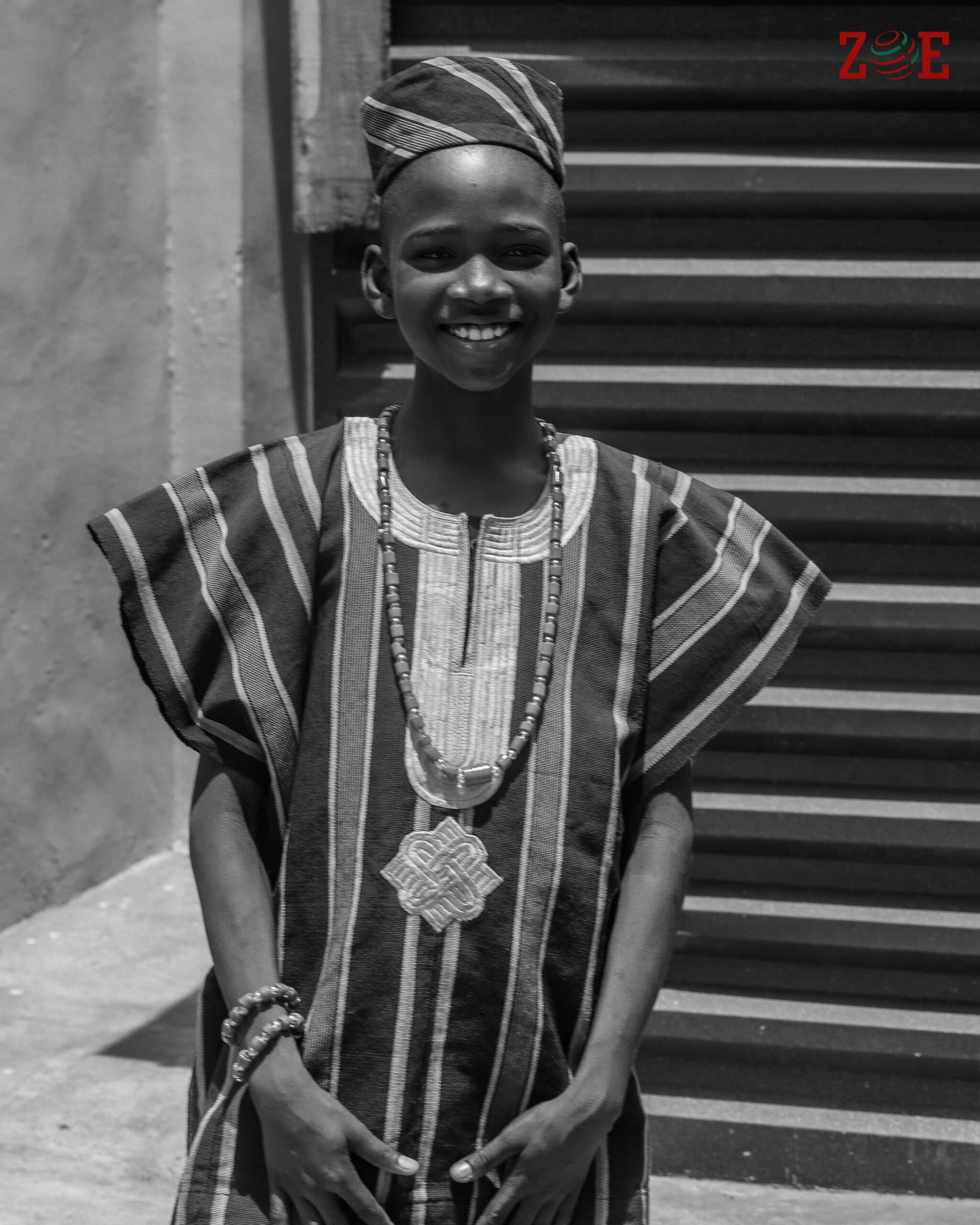Unity in Diversity: Celebrating the Nigerian Culture

Nigeria is a land of immense cultural wealth. With over 250 ethnic groups and more than 500 languages, it’s easy to see why the country is often referred to as the “Giant of Africa.” This diversity isn’t a weakness—it’s one of our greatest strengths. From the vibrant beats of Yoruba talking drums to the regal dances of the Tiv, from the colorful masquerades of the Igbo to the Fulani’s elegant attire, each culture adds its own beauty to the Nigerian tapestry.
A Nation of Many Tongues and Traditions
Our diversity is evident in every corner of the nation. In the north, the Hausa and Fulani people are known for their rich oral traditions, equestrian festivals, and intricate embroidery. The middle belt hosts a blend of smaller ethnic groups with unique cuisines, languages, and crafts. The east celebrates the new yam festival with energy, while the west blends modernity with centuries-old customs. The south-south and south-east boast colorful attires, powerful folklore, and riverine traditions that trace back to ancient kingdoms.
These differences might seem vast, but they are tied together by a shared Nigerian identity. When we celebrate each other’s cultures, we discover how much we have in common—community values, respect for elders, love for music and storytelling, and resilience in the face of challenges.
Why Celebrating Local Cultures Matters
Celebrating local cultures isn’t just about wearing traditional outfits on Independence Day. It’s about honoring our roots, preserving our languages, and teaching the younger generation the beauty of where they come from. It’s about unity—not through uniformity, but through respect and mutual understanding.
In today’s globalized world, many young Nigerians are losing touch with their native languages and customs. Reviving cultural festivals, encouraging indigenous storytelling, supporting local crafts, and promoting native cuisine are small steps toward keeping our heritage alive.
The Power of Cultural Exchange
One of the most beautiful expressions of national unity is cultural exchange. When an Igbo child learns to make Tuwo Shinkafa, or a Yoruba student joins in a Calabar Ekpe masquerade, barriers break down. Understanding grows. And from that understanding comes peace.
Unity in diversity doesn’t mean erasing our differences. It means embracing them—realizing that the strength of Nigeria lies not in being the same, but in being together.
Conclusion: Our Diversity is a Blessing
In a time when division is often easier than dialogue, Nigeria stands as a powerful reminder that difference can be a foundation for unity. Our local cultures are not relics of the past—they are bridges to a stronger, richer future. So let’s celebrate them. Let’s wear our attires with pride, speak our languages with joy, and teach our children to honor every tribe, tongue, and tradition.
Because in Nigeria, unity in diversity is not just a slogan. It’s who we are.

